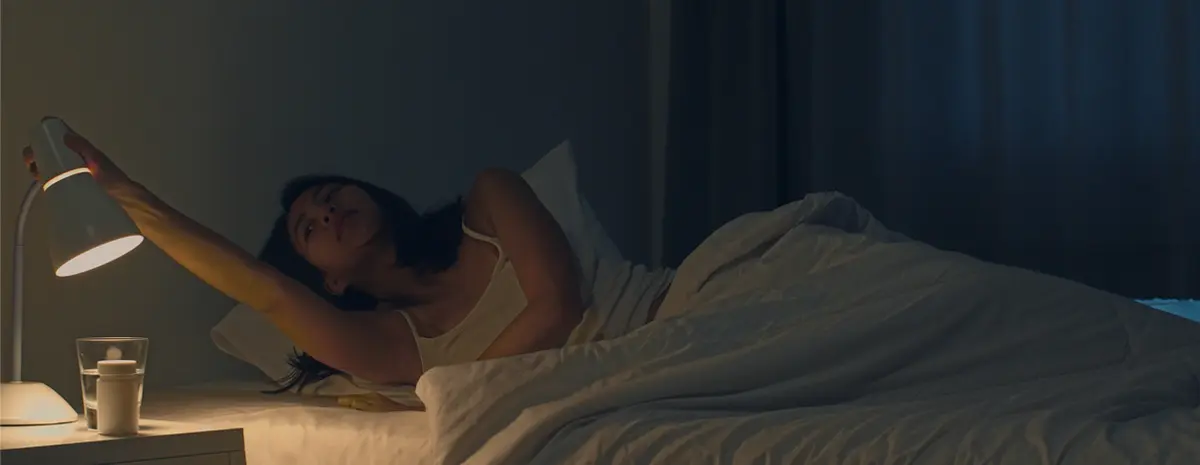The Importance of Blocking Light for a Good Night's Sleep

Getting a good night's sleep is essential for our overall health and well-being. One factor that can greatly impact the quality of our sleep is the presence of light in our sleeping environment. Light exposure, especially during the night, can disrupt our natural sleep-wake cycle and make it difficult for us to fall asleep and stay asleep. This blog post will explore the importance of blocking light for a good night's sleep and discuss some effective strategies to create a dark and conducive sleeping environment.
A)The Impact of Light on Sleep Quality
1)Disrupting the Sleep-Wake Cycle
- Light exposure during the night can interfere with the production of melatonin, a hormone that regulates our sleep-wake cycle.
- The suppression of melatonin due to light exposure can make it harder for us to fall asleep and stay asleep.
- Disrupted sleep-wake cycles can lead to daytime sleepiness, fatigue, and decreased concentration ability.
2)Effects on Sleep Architecture
- Light exposure during sleep can affect the different stages of sleep, particularly the REM (rapid eye movement) stage.
- REM sleep is crucial for memory consolidation, learning, and emotional regulation.
- Disruptions in REM sleep due to light exposure can impair cognitive function and emotional well-being.

B)Creating a Dark Sleeping Environment
1)Blocking External Light Sources
-
Invest in blackout curtains to prevent external light from entering your bedroom.
-
Use window films or shades to block out light further if necessary.
-
Ensure that your bedroom door is properly sealed to prevent light from other parts of the house.
2)Eliminating Internal Light Sources
-
Turn off or cover any electronic devices that emit light, such as TVs, computers, and smartphones.
-
Use dimmer switches or low-wattage bulbs in your bedroom to create a relaxing and dimly lit atmosphere.
-
Consider using eye masks to block out any remaining light completely.
-
Avoid using a nightlight while you sleep

C)Other Strategies for Better Sleep
1)Establishing a Bedtime Routine
-
Create a consistent bedtime routine that includes relaxing activities like reading or a warm bath.
-
Avoid stimulating activities, caffeine, and heavy meals close to bedtime.

2)Promoting a Sleep-Friendly Environment
-
Keep your bedroom cool, quiet, and well-ventilated.
-
Invest in comfortable mattresses, pillows, and bedding that suit your preferences.
-
Use white noise machines or earplugs to block out any disruptive sounds.
-
With a slight additional investment, you can also opt for soundproof curtains to enhance your sleep environment further.

Using double-layered curtains that include a blackout feature will not only eliminate light from your bedroom but also reduce noise, thereby directly improving the quality of your sleep.
Conclusion
Blocking light is crucial for achieving a good night's sleep. By understanding the impact of light on our sleep quality and implementing effective strategies to create a dark sleeping environment, we can improve our sleep and overall well-being. Prioritizing a dark and conducive sleeping environment is a simple yet powerful step towards better sleep and a healthier lifestyle.



















